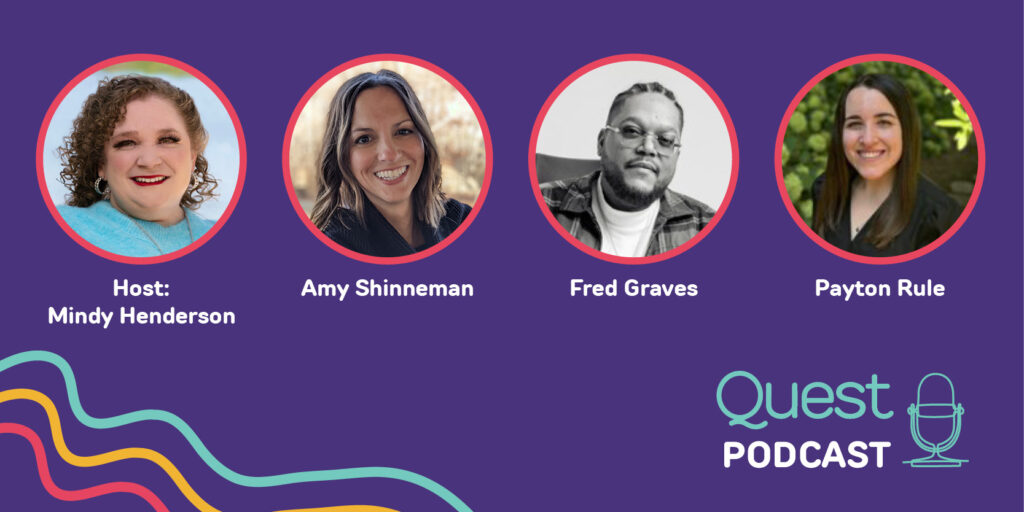
MDA Q A Let s Talk
By MDA Staff | Friday, November 19, 2021
The MDA Resource Center is available to provide one-on-one support. Here, Resource Center specialists answer Quest readers’ questions.
Q: How can I find a therapist who knows about mental health and living with neuromuscular disease?
—Jeffrey, New York
First, we applaud you for prioritizing your mental health. Because neuromuscular diseases are considered rare, it might be difficult to find a mental health professional who is familiar with a specific disease. We recommend looking for a therapist who has worked with people living with chronic health conditions. Consider asking if they are also willing to counsel your family members, as a neuromuscular disease can also affect loved ones in their own ways.
Contact the Resource Center to learn about resources for finding therapists and paying for mental health services.
Helpful resource: Visit MDA’s Mental Health Hub.
Q: When should I start talking to my grandson about his diagnosis and how his physical abilities could change?
—Katherine, Michigan
Every child is unique, and when they are ready to learn about their diagnosis varies. It’s always best to meet your child at their individual level of understanding while being open and honest. Encourage your child to ask questions and come to you when they want to understand more.
When discussing their disease and its progression, focus on the positives of what they can do and how they can learn new ways of doing things if their abilities change. Encourage your child to meet others living with similar experiences, such as through MDA Summer Camp.
The social worker at your MDA Care Center can share more ways to talk with your child about their abilities.
Helpful resource: Find an MDA Care Center and learn about Care Center teams here.
Contact the Resource Center at 833-ASK-MDA1 or resourcecenter@mdausa.org.
TAGS: MDA Q and A, MDA Resource Center, Mental Health, Relationships
TYPE: Featured Article
Disclaimer: No content on this site should ever be used as a substitute for direct medical advice from your doctor or other qualified clinician.




